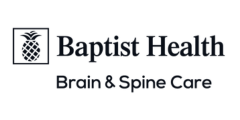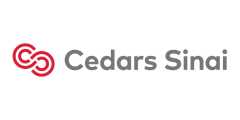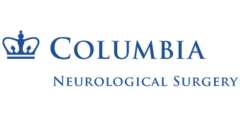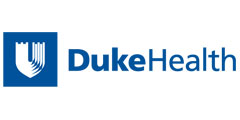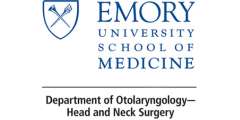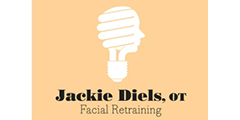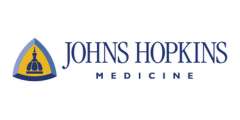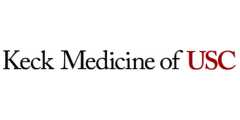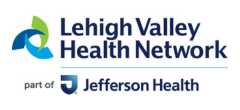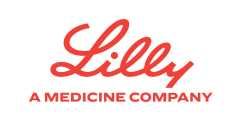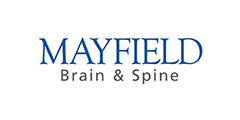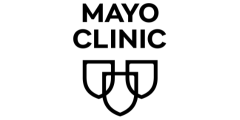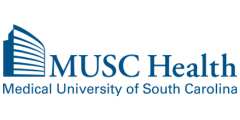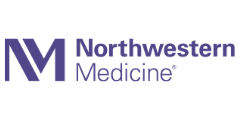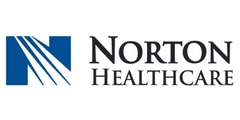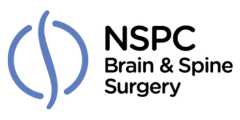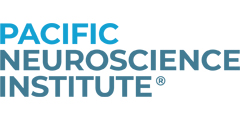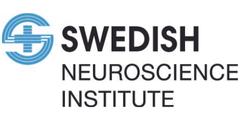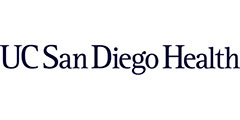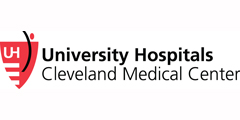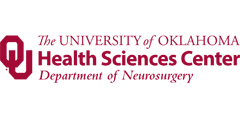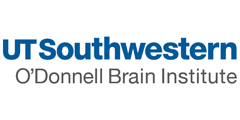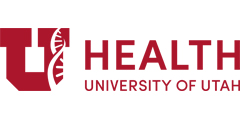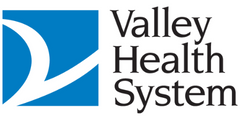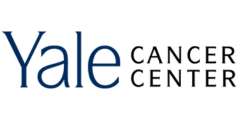Event Calendar
Sarasota, FL - Patient Education Event
Saturday, April 30, 2016, 10:30AM - 2:00PM
PRESENTED BY SARASOTA, FLORIDA SUPPORT GROUP
Please plan to join us for this special educational opportunity. We welcome you to learn about the latest treatment options, network with other acoustic neuroma patients and find encouragement and support.
DATE/TIME:
Saturday, April 30, 2016
10:30 a.m. – 2:00 p.m.
LOCATION:
Fruitville Public Library - Meeting Room
100 Coburn Road
Sarasota, FL 34240
TOPICS:
Radiosurgery Explained: Answers to Questions You Didn’t Dare Ask
Presented by:
Siviero Agazzi, MD, MBA, Associate Professor, Department of Neurosurgery, University of South Florida
Lawrence Berk, MD, PhD, Professor and Chief, Radiation Oncology, Morsani School of Medicine,
University of South Florida, Medical Director, Radiation Oncology, Tampa General Hospital
Debra Freeman, MD, Radiation Oncology, WellSpring Team at CyberKnife Centers of Tampa Bay
Mary Ellen Masterson-McGary, MA, MS, FAAPM, FACMP, Chief Physicist, CyberKnife Center of Tampa Bay
Caring and Sharing
The Yale University Acoustic Neuroma Study - There will be an opportunity to participate at the meeting. Please read important information enclosed regarding eligibility criteria and participation requirements.
SPACE IS LIMITED, PLEASE RSVP IF YOU ARE PLANNING TO ATTEND.
PLEASE CONTACT YOUR SUPPORT LEADER/FACILITATOR:
Kim Simington, Support Group Leader/Facilitator
Phone 908-963-8800 or Email: kjsimington@msn.com
The meeting will be facilitated by Kim Simington, an acoustic neuroma post-treatment patient.
If you are interested in bringing a snack to share, please contact Kim.
Who should attend? Family members, caregivers, friends and interested persons are encouraged to attend.
Benefits of attending a local support group include communicating in a nurturing, non-judgmental environment with others who have shared a common acoustic neuroma experience; sharing information on dealing with specific problems, educational opportunities about the latest acoustic neuroma topics of interest; and providing emotional support to all patients, both pre- and post-treatment. This helps in reducing the isolation and loneliness that many acoustic neuroma patients feel.


